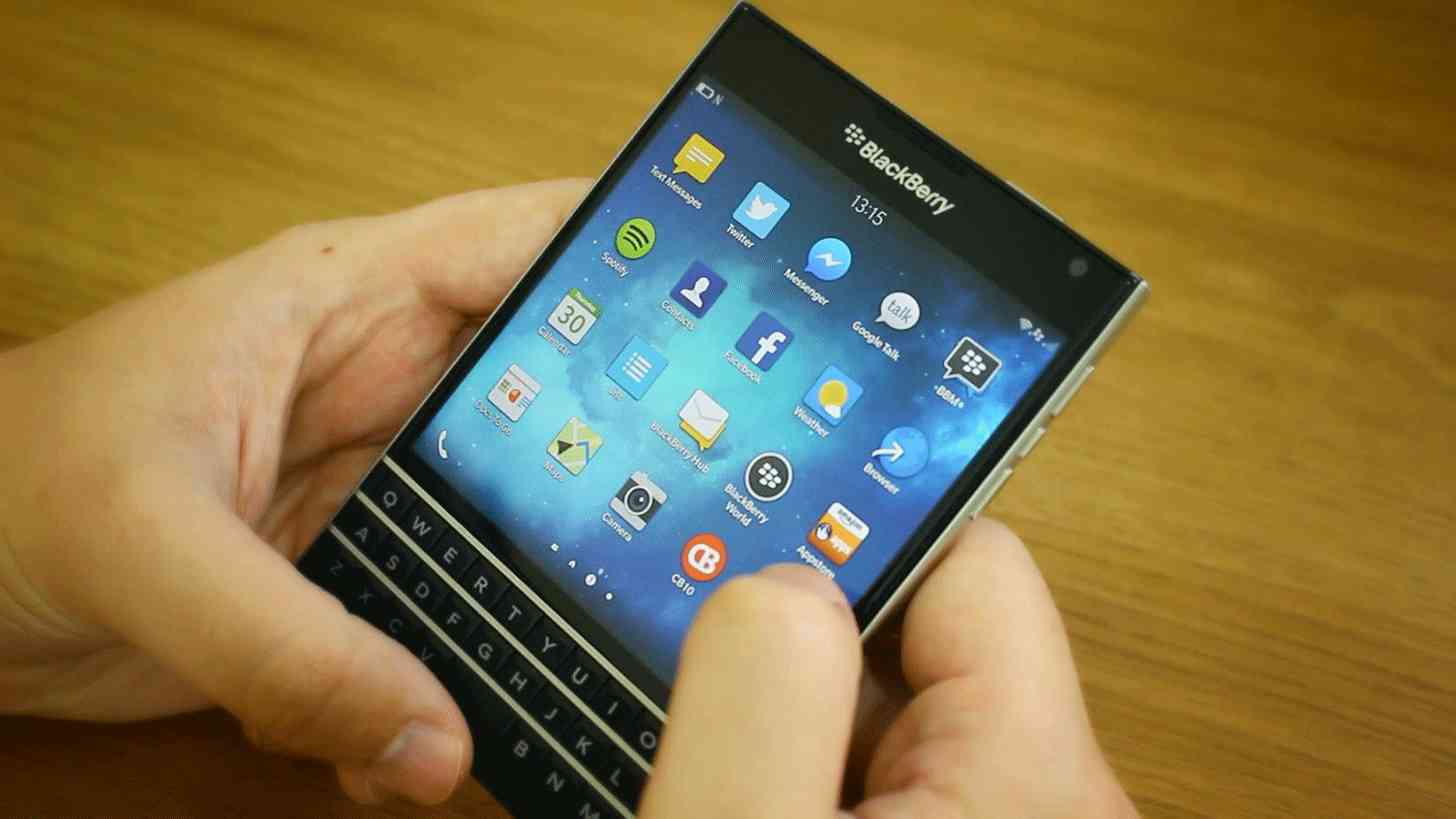
BlackBerry has been around for a very long time. That goes without saying at this point. The company is well-renowned, and it’s created some ridiculously popular smartphones, and software, over the years. For a lot of folks, a BlackBerry-branded smartphone was their first device.
I’m one of those people who entered the smartphone world with a BlackBerry in their pocket. (No holsters for me!) My BlackBerry still had a track wheel, and I’ll be honest: Playing Brick Breakerwas always the best with that track wheel. That first BlackBerry gave me a love for hardware keyboards in a big way, so much so that, even after the iPhone launched and software keyboards started picking up steam, I rebelled and kept my hardware keyboards as long as I could.
BlackBerry made me, practically by default, love technology and all the things the company (and others) were doing with the smartphones landing on the market. There was a lot to love back then, as the devices back then were still balancing between simple and packing in features.
Now our devices are more complicated than ever, jam-packed with features and gimmicks.
That’s not a bad thing, of course, and BlackBerry did what it could to follow that trend with its own first-party software and hardware. But, the slippery slope that BlackBerry has been on for so long finally got the better of the company, and it’s finally an end of an era.
BlackBerry called it quits with its own software not too long ago, fully adopting Google’s mobile operating system, Android, as its go-to platform. That was simply stage one, in this two-stage downfall of a titan. That second stage has arrived, though, as the company’s CEO, John Chen, officially announced that the company, in an attempt to stop hemorrhaging money, will stop putting together its own hardware from this point on.
BlackBerry is no longer making its own software. Nor is it making its own smartphones.
Technically speaking, BlackBerry isn’t going anywhere just yet. The company will have new phones coming down the pike, running Android with devices put together by partners. And the company is putting even more focus on software and applications from this point on, too. So, BlackBerry isn’t really disappearing off the face of the map, but it still feels like we’ve lost BlackBerry. The BlackBerry we grew up with.
I haven’t used a BlackBerry in a long time, but I can’t deny the memories I have with the company, or some of my favorite devices over the years. BlackBerry will always have a soft spot in my heart, which is why I have always rooted for them to do great. I certainly didn’t want to find ourselves in a reality where BlackBerry was no longer doing what had made them so popular in the first place.
But, here we are. And I can’t help but wonder: How many of you out there are still using a BlackBerry device right now? Is it running the company’s proprietary software, or is it running Android? Or, like so many others, have you jumped ship to another manufacturer? What do you think of today’s BlackBerry news? Let me know!